Portal for the collaborative creation of legal documents
The web portal developed enables different ministries to create and edit legal documents jointly and efficiently. Each ministry can access specific sections and edit them independently, while a structured, secure process ensures an overview for everyone involved.
State Chancellery of Bavaria
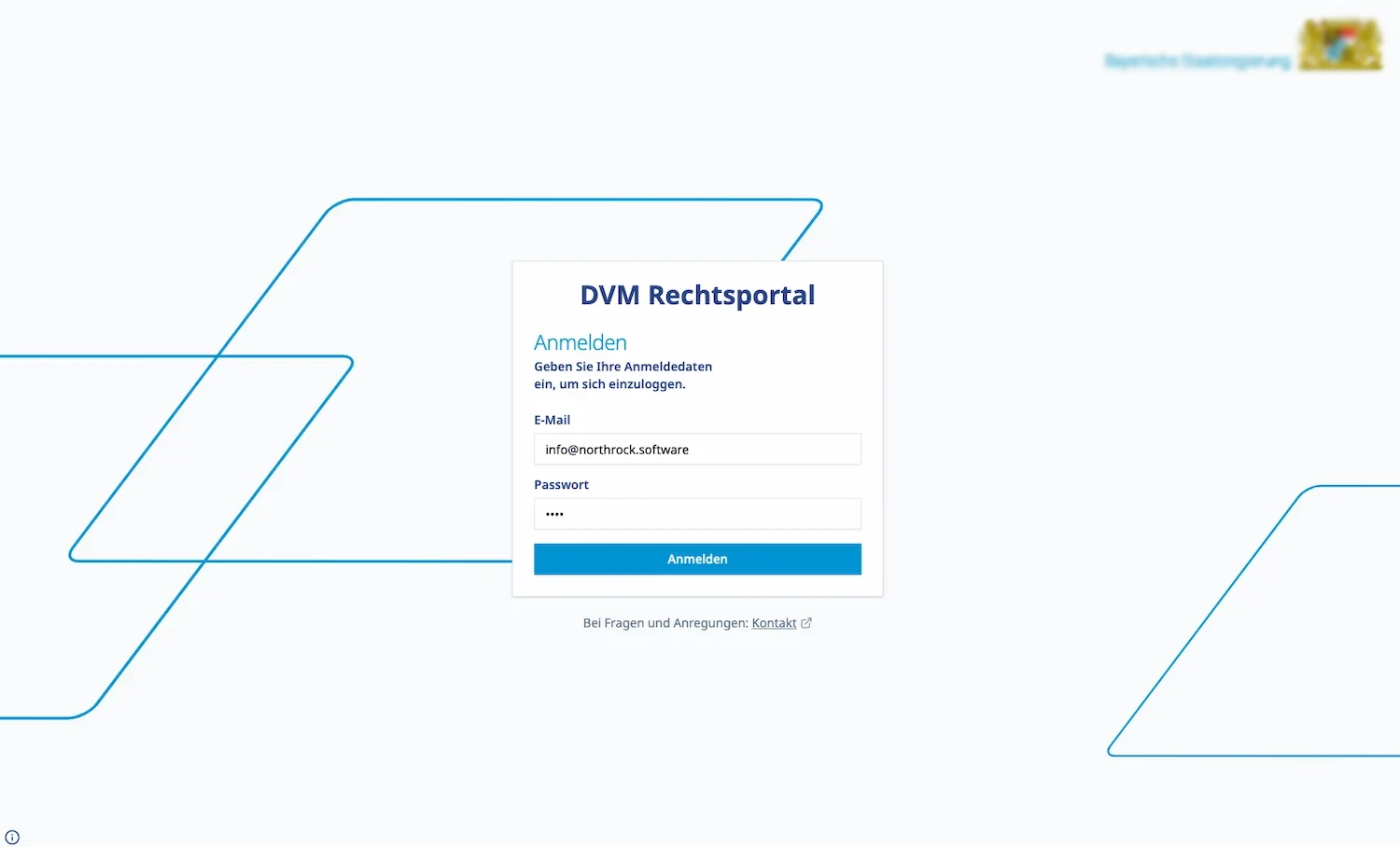
Services
Conception, development, maintenance, support
Industry
Authority (State Chancellery)
Size
400 employees
Our contribution to the solution
We have developed a comprehensive, web-based application that digitises and optimises the entire process of creating and editing legal documents. Starting with structured project planning and detailed design in close collaboration with the client, we created a customised platform that is specifically tailored to the requirements of the ministries. The application integrates a customised text editor which, in combination with WebSocket technology, enables documents to be processed smoothly in real time. The complete implementation of the Bavarian State Chancellery's corporate design ensures a uniform and user-friendly appearance. Another highlight is the fast publication of documents: After the final check, they can be released on the website with just one 'click'. The application is hosted on the client's servers to ensure the highest security and data protection standards.
Project content to be highlighted
Technologies & Partners
We rely on modern technologies such as Remix, TipTap and Tailwind for a flexible and user-friendly web application. Sentry and Snyk ensure monitoring and security. Hosting is provided by the IT service centre of the Free State of Bavaria, which guarantees the highest data protection standards.

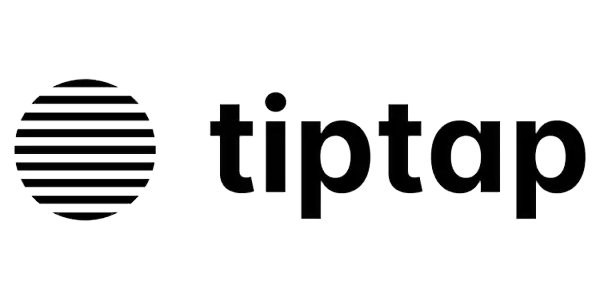
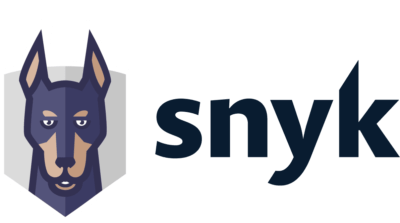
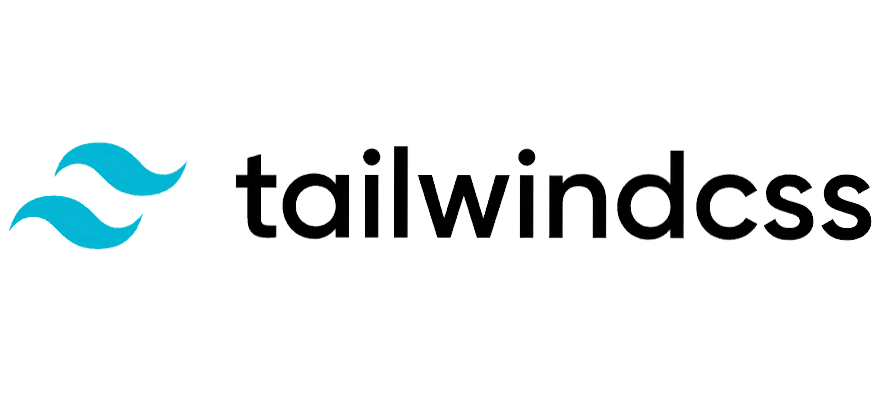


Focus: Document processing
Our platform focuses on seamless, user-friendly collaboration by enabling the simultaneous editing of legal documents in real time. By using modern WebSocket technology, several users can work on different documents at the same time without conflicts arising or changes being lost. Clear role and authorisation assignments ensure that each ministry can access and edit the relevant content in a targeted manner. The customised text editor not only offers an intuitive user interface, but also functions that are specifically tailored to the requirements of legal document creation. This makes the entire process efficient, from the initial draft phase through to final approval. In addition, everyone involved retains an overview of the processing status and the changes made. This significantly reduces the communication effort and minimises sources of error. After the final check, jointly created documents can be published directly and easily with just one click.
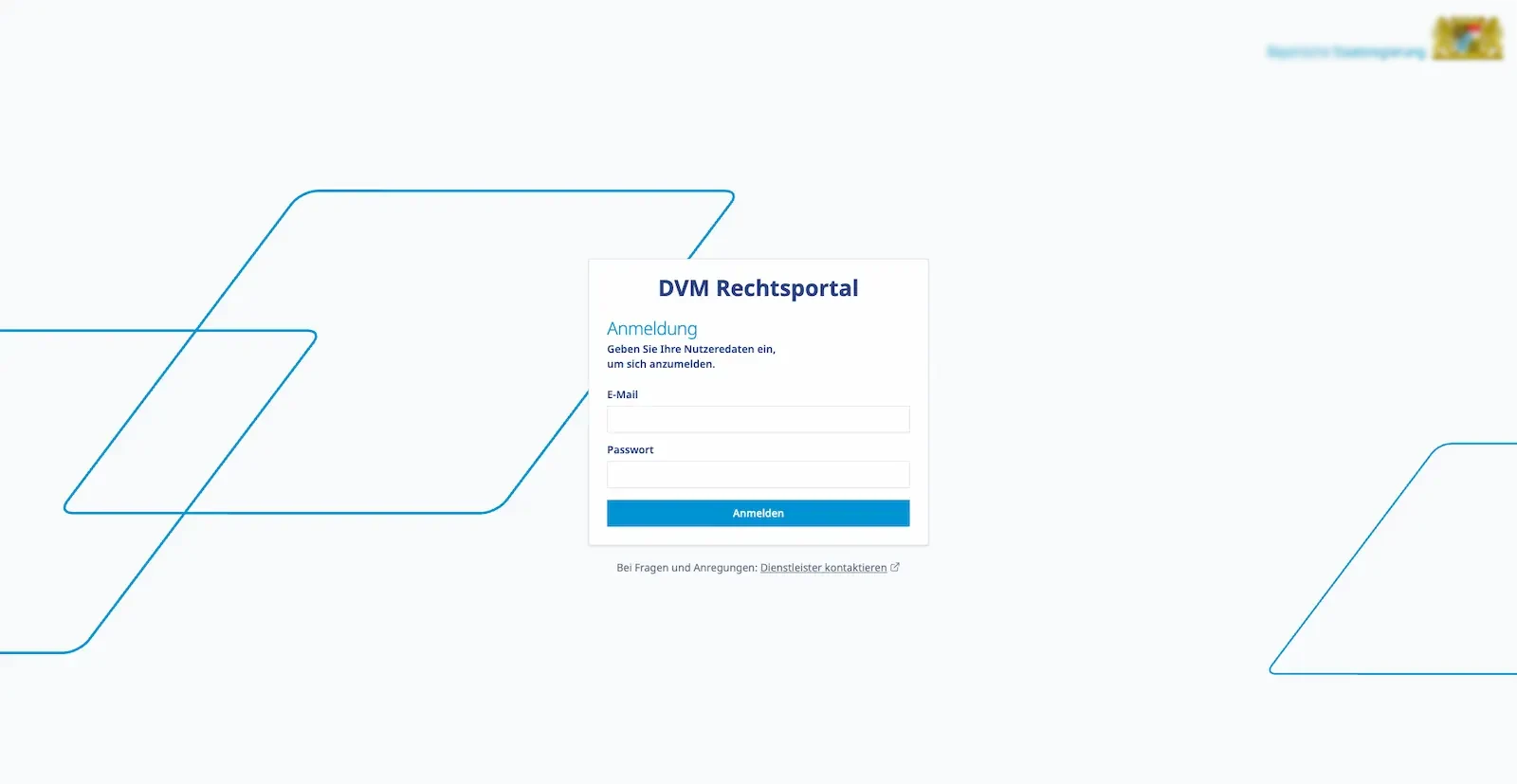
The project process
1. Call for tenders
Before the project started, the contract was awarded by the State Chancellery following successful participation in the tender. For this purpose, the rough requirements were already defined and a cost calculation was prepared.
2. Concept development
Based on the requirements determined, we create a detailed concept. This includes the development of wireframes and initial mockups that visualise the basic structure and navigation of the platform. These designs are refined in consultation with the client to ensure that they meet expectations.
3. Design phase
In this phase, the client's corporate design was applied. We developed a user-friendly interface that is not only functional but also aesthetically pleasing. We paid particular attention to ensuring that the design was intuitive and met the requirements of the user groups.
4. Partially agile development
Development was initially carried out using agile methods. Core functions were implemented and tested in regular two-week sprints. Continuous status meetings kept the client informed at all times and enabled them to actively shape progress. This agile approach made it possible to take critical steps correctly at the start of the project. Other steps were in turn created holistically by us and with our experience.
5. Testing & quality assurance
To ensure high quality, the application undergoes extensive testing. Functionality, user-friendliness and security are checked. Errors and potential for optimisation are identified and rectified to ensure a stable and reliable platform.
6. Commissioning
After successful testing, the application was implemented on the client's servers. The final acceptance by the customer also takes place in this phase. Training for users ensures that the platform can be integrated efficiently and smoothly into everyday working life.
7. Support & maintenance
Even after commissioning, we provide the client with support and maintenance. Users receive assistance with questions or problems, and the platform has been continuously developed to meet future requirements and ensure long-term operation.
The added value of the project
Accelerated work process
The digital process now reduces the communication effort and enables direct publication in addition to digital creation.
Lower error rate
A clear distribution of user roles and an extensive preview function minimise errors during document creation.
Home office-capable
The now location-independent process enables the flexible creation and editing of legal documents from the home office.
A successful collaboration
The project is characterised by close and successful collaboration with the client. From the initial conception phase to the final implementation, all requirements were coordinated in constant dialogue in order to develop a tailor-made solution. Regular status meetings and transparent communication enabled challenges to be recognised at an early stage and solved together. This cooperative approach not only led to an optimal result, but also strengthened trust and efficiency throughout the entire project.
Group photo with Walther Nussel, Commissioner for Bureaucracy Reduction and Member of the Bavarian State Parliament
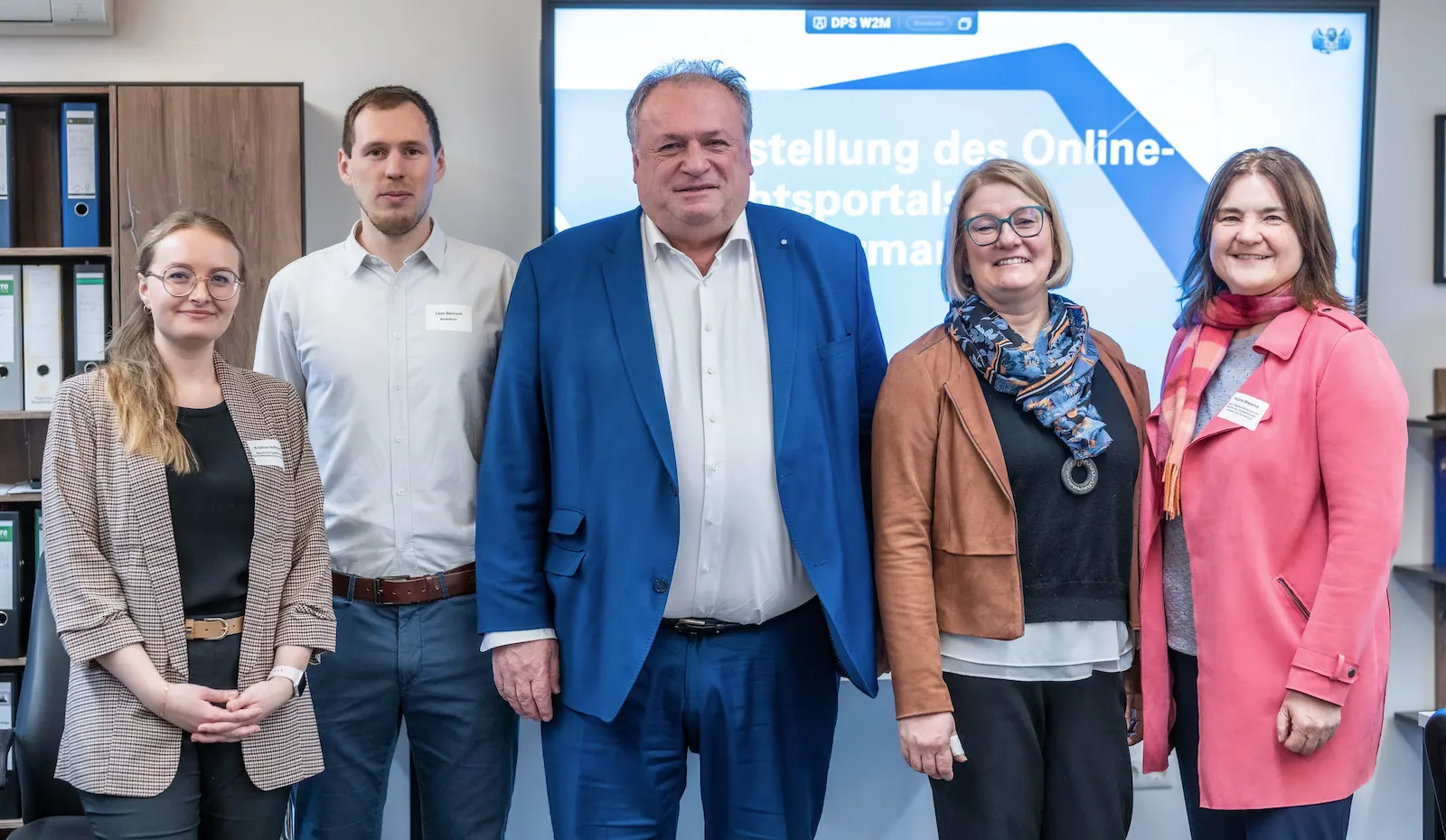
“Many thanks for the flawless conceptualisation, the subsequent development and the professional project management of our new legal portal for direct marketers!“
